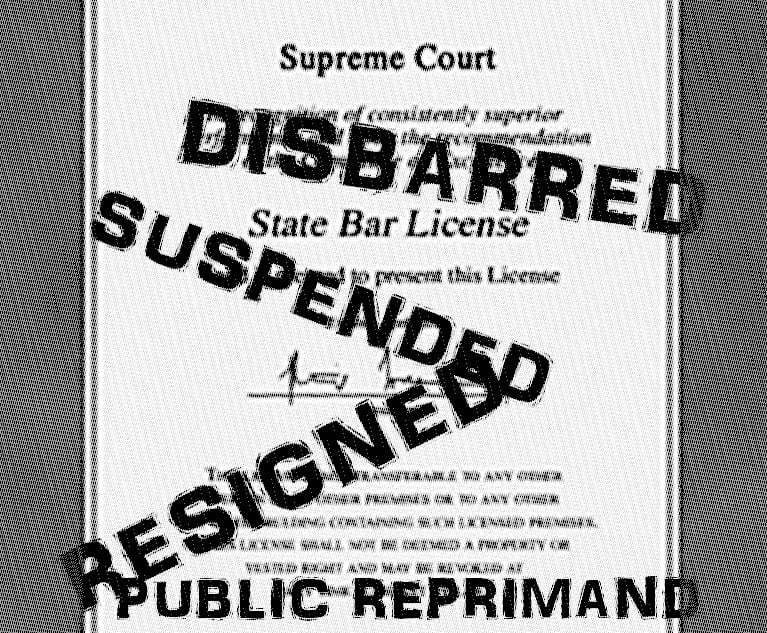Good client communications can be the key factor in bringing a quick end to a malpractice claim or avoiding one altogether.
When a legal malpractice plaintiff claims in court that “I thought my attorney was going to take care of that for me,” or “I would have accepted that last settlement offer had I known my case was weak,” the case will often turn on a jury’s judgment about who is telling the truth. These situations create inherent “fact issues” that can prevent summary judgment.
This content has been archived. It is available through our partners, LexisNexis® and Bloomberg Law.
To view this content, please continue to their sites.
Not a Lexis Subscriber?
Subscribe Now
Not a Bloomberg Law Subscriber?
Subscribe Now
LexisNexis® and Bloomberg Law are third party online distributors of the broad collection of current and archived versions of ALM's legal news publications. LexisNexis® and Bloomberg Law customers are able to access and use ALM's content, including content from the National Law Journal, The American Lawyer, Legaltech News, The New York Law Journal, and Corporate Counsel, as well as other sources of legal information.
For questions call 1-877-256-2472 or contact us at [email protected]







